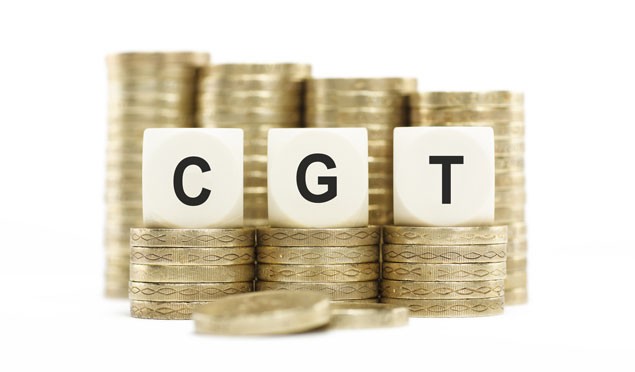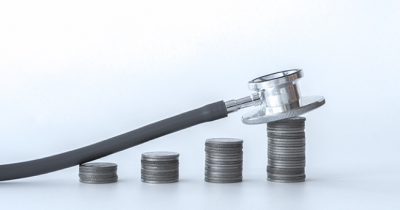How capital gains tax affects you

Last updated on 6th June, 2018 at 07:58 am
Most breadwinners are generally familiar with income tax requirements, but tend to put lesser-known aspects, such as capital gains tax (CGT), on the back burner. CGT forms part of income tax, so it is vital to know what it entails.
What is CGT?
In short, capital gains tax (CGT) applies to individuals, trusts, close corporations and companies. It was introduced in South Africa on 1 October 2001 essentially to broaden the tax base, as previously wealthy individuals and companies could build up a large capital base that was never taxed.
A capital gain is the profit you make when you sell an asset, for example your primary home (which you own and where you mainly live), for more than the base cost. This gain or profit is then subject to CGT. The first R2-million you make in profit if you sell your primary residence is excluded from CGT.
To calculate the capital gain, the seller needs to deduct the base cost of the asset from the price at which the asset was sold. SARS will then calculate the CGT to be paid based on the net profit realised. The CGT becomes payable when the individual’s income tax return is submitted at the end of the financial year during which the property was sold.
If you own a property that is not your primary residence, be it a holiday home or for investment purposes, you will be liable for CGT when you sell such property.
Individuals do not have to pay CGT on the first R40 000 of capital gains in a year. This figure increases to R300 000 in the year the person dies.
The base cost of any asset that is subject to CGT is the value of the asset on 1 October 2001 or its cost or value on the date after 1 October 2001 on which you acquired the asset. This is the amount against which any proceeds are compared in order to determine whether there was a capital gain or a loss.
The base cost is calculated by adding the original price paid for the property and the costs for buying and selling the property, such as estate agent’s commission, attorneys’ fees and other fees for other professionals such as electrical and plumbing inspectors. The cost of any renovations that qualify as improvements to the property may also be included; however, costs of routine maintenance may not.
In terms of CGT on financial assets, bear in mind that if you decide to acquire shares as an investor, those shares are capital assets if you are buying the shares as a long-term investment (hold it for at least three years). In so doing it will not be income in trade, but subject to the CGT rules.
For financial assets such as shares, bonds and securities quoted on a local financial exchange like the Johannesburg Stock Exchange (JSE), as well as unit trusts and other funds, the product provider will provide you with the base cost cost.
Keeping records
As you must be able to prove the base cost of any asset that is subject to CGT to SARS, it is not only important to calculate the base cost correctly, but that you also keep good records for all the assets you acquire. These should include the date of the acquisition; its cost or value at the time of the acquisition; the date, cost or value of any additions or improvements; the cost or value at the time of the disposal; portions of an asset used for business and private purposes; and periods of absence from a primary residence longer than six months.
Exclusions
A number of assets are excluded from CGT. These include assets for personal use (as opposed to use to carry on a trade) such as artworks, furniture, jewellery and vehicles; retirement savings investments; compensation with a gain or loss element resulting from personal injury and illness; gains or losses made from legal gambling in South Africa (including the lottery); and gains or losses in respect of assets donated to certain public benefit organisations, such as charities and educational institutions.
Inheritance
South Africans who benefit from an inheritance from a deceased estate of a South African or non-resident, do not have to pay CGT upon receipt of the inheritance. However, estate duty and CGT, where applicable, are usually payable by the estate. If it’s a foreign estate, it will be subject to the taxes of its country of origin.
By Wilma de Bruin
Want to learn more?
We send out regular emails packed with useful advice, ideas and tips on everything from saving and investing to budgeting and tax. If you're a Sanlam Reality member and not receiving these emails, update your contact details now.
Update Now







